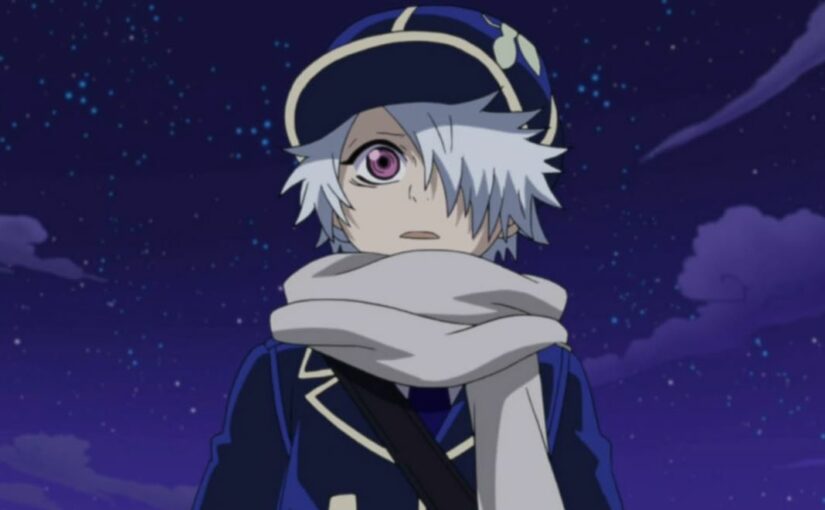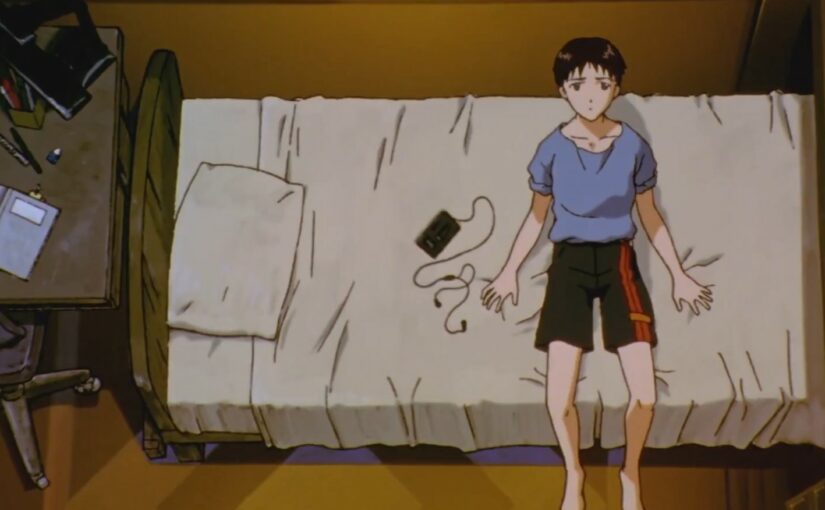After seeing glowing reviews on the internet for Tegami Bachi, I decided to dive in and read the manga. Tegami Bachi by far lives up to its reputation and deserves more attention than it has received. Allegedly the corresponding anime adaptation wasn’t great, but maybe I’ll review the anime later.
The main reason why the manga is fantastic is due to its beautiful artwork and characters. There is nothing to not love about the artwork, from the breathtaking scenery to the dynamic and gorgeous characters. But, I most appreciated how many of the pages were on black paper with everything drawn in as white since it captures the manga’s themes so eloquently, and not many mangas employ this art style.
I would heavily recommend that people take the time to read this manga. It is a story of love, friendship, family, loss, ambition. The story follows our protagonist Lag Seeing as he sets out to become the Head Bee (a letter delivery person) and find the truth about his mother’s abduction by the government.
[Spoilers Below]
There can be many similarities to be drawn between Tegami Bachi and Fullmetal Alchemist:
| Full Metal Alchemist | Tegami Bachi | |
| Power System | Alchemy | Heart |
| Parents | Mother died | Mother abducted by government |
| Origin | Born of immortal father | Born comprised of spirit fragments during the flicker |
| Faustian Bargain | Revived mother using alchemy | Shared soul with spirit amber to gain power |
| Occupation | State Alchemist — military member | Letter Bee- Gov postal worker fighting monsters while traveling |
| Government | Secrets about Hermuncli | Secret about origin of Sun |
Not to say that these stories are anything alike; narratively, they are vastly different. Patterns like this can be found all over shounen, suggesting similar prototypes when building a grandiose story. A young boy with a tragic backstory and unique ability in a magical world joins a government agency and defeats a foe/completes a quest. This pattern is all over the place. However, the similarities between these shows are deeper because most shounen shows don’t involve fighting an apparently corrupt government from the inside. Well… there also is Attack on Titan, which shares many of these similarities. It is hard to say precisely what makes this type of story so great. Obviously, a quest to learn the truth in a system against them while taking the moral high ground is clearly a great foundation of a story.


